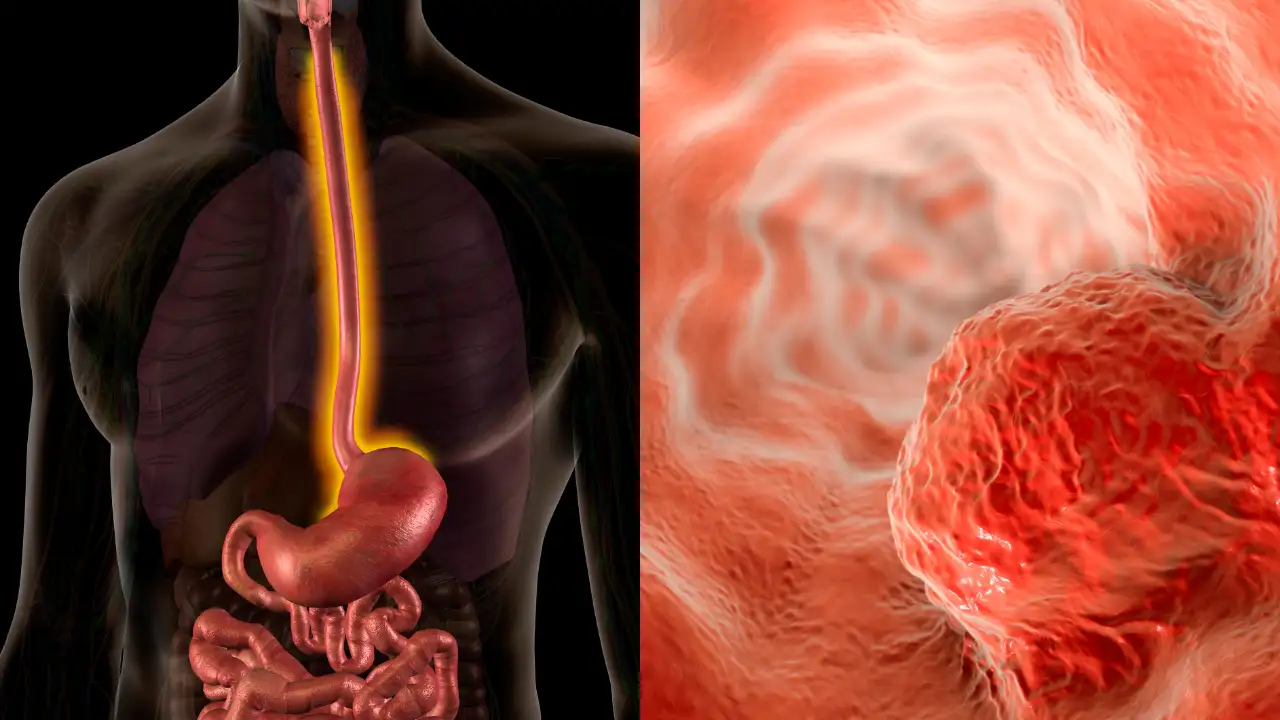It is true that most of us ignore that weird feeling when we swallow something and it doesn’t quite go down right. We chalk it up to dry toast or bad posture. But sometimes, those subtle moments are your body’s quiet way of waving a red flag. Esophageal cancer, one of the stealthiest types in the digestive system, often starts whispering before it ever shouts. And by the time it raises its voice, the cancer may have already made itself comfortable.
The problem? Early symptoms of esophageal cancer can masquerade as everyday discomforts: a sore throat here, some chest pain there, maybe a persistent cough or stubborn heartburn. It’s easy to overlook. But according to experts, these are precisely the signals we shouldn’t ignore.
What Experts Say: recognising Red Flags Early
Dr Kanika Sood Sharma, director and clinical lead at Dharamshila Narayana Hospital in New Delhi, points out that dysphagia, or difficulty swallowing, is one of the earliest and most telling signs.
“It might begin with the sensation that food is getting stuck in the throat or chest. As the disease progresses, even swallowing liquids can become painful,” she explains. Other early indicators include odynophagia (painful swallowing), chronic cough, hoarseness, unexplained weight loss, fatigue, and persistent heartburn that doesn’t respond to usual treatment.
The Silent but Aggressive Nature of Esophageal Cancer
Adding to this, Dr Ajesh Raj Saksena, senior consultant—surgical oncology at Apollo Health City, Hyderabad, stresses the silent progression of the disease. He says that esophageal cancer is particularly aggressive and often linked to lifestyle factors like tobacco, alcohol, poor diet, obesity, and chronic acid reflux. “Difficulty swallowing is usually the first sign, starting with solids and gradually progressing to liquids,” he says.
Dr Saksena also flags persistent hoarseness, regurgitation of undigested food, vomiting blood, and breathlessness in later stages. Diagnosis typically involves an upper GI endoscopy with biopsy, followed by a PET-CT scan to map out the cancer.
Fighting Back
On the treatment front, both doctors underscore the importance of a multimodal approach. Dr Sharma points out the role of precise radiation therapy using advanced image-guided technologies like linear accelerators (LINACs), especially for cervical esophageal tumours.
Dr Saksena brings attention to cutting-edge surgical techniques, including minimally invasive and robotic-assisted procedures, along with fluorescence guidance to protect critical structures and improve post-surgical recovery.
So, if your oesophagus is trying to tell you something—don’t silence it with antacids and assumptions. Whether it’s a stubborn cough, trouble swallowing, or unexplained weight loss, the earlier you investigate, the better the odds. Because when it comes to cancer, early whispers are easier to treat than late-stage roars.
Get Latest News Live on Times Now along with Breaking News and Top Headlines from Health and around the world.
